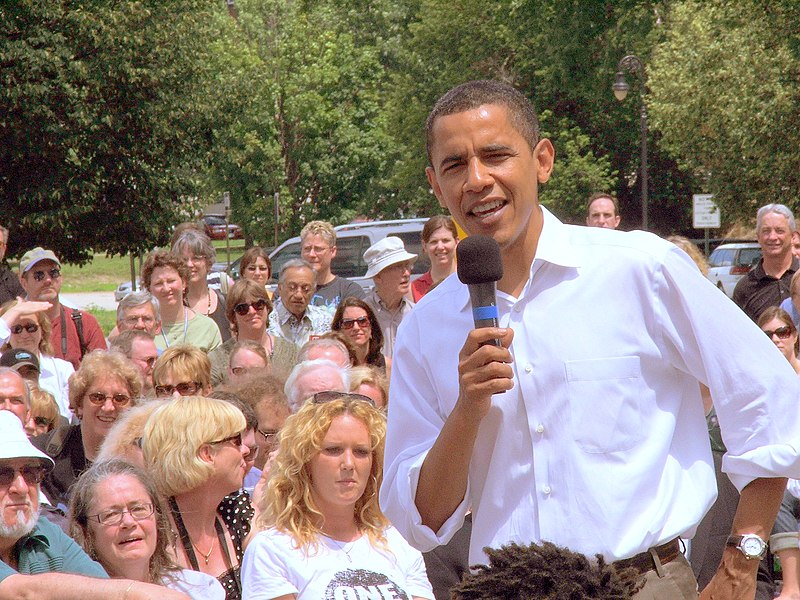 HE SEEMED TO LOVE THE SOUND OF WORDS, formed surely from the letters he traced. He was face to face with a miracle, and when the word “cat” had been spelled out by him and he understood that it referred to the creature pictured in his book, his eyes would glow and he would seem on the verge of tears. He had a low, uncertain voice, a rusty young voice which was rarely used except to cry out the magic groupings he had achieved, or which he had learned to recognize in his books. Now he began to listen to all words, as if they were music, sometimes repeating them silently with strong motions of his lips, as the speaker enunciated them. It was as if he were intoxicated by words, any words. They were flashes of light; they were windows suddenly thrown open upon a land drenched with moon and enchantment. They were the blaze of trumpets raised visibly in darkness, haloed with radiance. They were drums that thundered, and filled the silence with wings.
HE SEEMED TO LOVE THE SOUND OF WORDS, formed surely from the letters he traced. He was face to face with a miracle, and when the word “cat” had been spelled out by him and he understood that it referred to the creature pictured in his book, his eyes would glow and he would seem on the verge of tears. He had a low, uncertain voice, a rusty young voice which was rarely used except to cry out the magic groupings he had achieved, or which he had learned to recognize in his books. Now he began to listen to all words, as if they were music, sometimes repeating them silently with strong motions of his lips, as the speaker enunciated them. It was as if he were intoxicated by words, any words. They were flashes of light; they were windows suddenly thrown open upon a land drenched with moon and enchantment. They were the blaze of trumpets raised visibly in darkness, haloed with radiance. They were drums that thundered, and filled the silence with wings.
How could he ever explain the intoxication of words, mere disjointed words, words in themselves, the butterflies of color, the rainbow bridges over voiceless abysses, the sudden flight of birds like the rising and wheeling of gulls with sunset on their wings?
Instinctively, he knew the richness, the succulence, the suety opulence of words. Sometimes a new word would remind him of a little fat man, waddling, full of chuckles. It was the sound of them, the mere sound of words (for he could not as yet know the meaning of one-tenth he heard) which entranced him. It was the rhythm and the spacing of them, the flow, the pianissimo or the fortissimo of accent, the sudden curve of a syllable like the swell of a glass vase, the sudden and abrupt rise, as if a hand had been lifted peremptorily. Sometimes they were ugly words, unpleasant raucous words, hideous little spoons of words that contained a lump of poisoned jam. He listened for words on the street; he listened for them in houses, in the shops, in corridors, halls, rooms. He listened when his father read from the Manchester Guardian, and the measured pace of these words was like a procession, a somber parade, a conclave of kings, an old man talking gravely in the night. Best of all, when his father read some incomprehensible comic comment, the words were like tumbling clowns at the pantomime, rollicking little dwarfs with large red noses, tiny tinseled fairies pulled by strings, Punch and Judies with cackling voices, or a silly little bang of happy drums. And some words were cold and stiff, like twigs in winter, or hard, like stone or pungent like the striped peppermint canes given to children at Christmas. But they carried no actual projection of their intrinsic meaning to his brain. It was the mere sound of them which held him transfixed …
When in his manhood, he remembered this, he was amazed and bitterly envious. What a pristine and lovely frenzy had been his! What would he not now give to feel again that keen and terrible rapture, that fresh glory, at the mere sound of words! A voice on the street, just an ordinary, flat voice of a child or a housewife, but a voice enunciating a cadence of syllables that caught the ear with their poignant dissonance, or their thick little runnings like a brown rivulet in spring. Images flashed through his awakened mind at their mere exclamation. He heard a child demand something petulantly of its harried mother, and he heard a young rook complaining in the bare trees of winter. A young shopgirl spoke in the sweetest trill of a voice to his mother and he heard a sleep thrush awakening in the morning. He heard a woman laugh, and it was the tinkle of a four-sided cow-bell in the evening. Lovely lovely words, entrancing sounds, excitements in a harsh grunt, enormous fears in the growl of the shoemaker.
He had a deep aversion for the word “platter”. It had a flat, dead sound. He disliked “ham” for it was smug and thick. But serviette! What a tender frolic, what grace, what sparkling fingers, what arching of a pretty neck! “Tablecloth” suggested wool that scratched, and he itched at the sound of it. “Jam” set his teeth on edge, and made him annoyed with his mother when she spoke it. His father spoke of “torquay” and he did not know whether it was a city, a place, a proper name, or something to eat; but the articulation of it made him feel wild and strange and full of hot bright wind. He heard the word “somber” and he saw a face turning in darkness, full of meaning. There was no relationship between the words and what he saw and experienced in his trembling heart. It was enough that he heard them.























